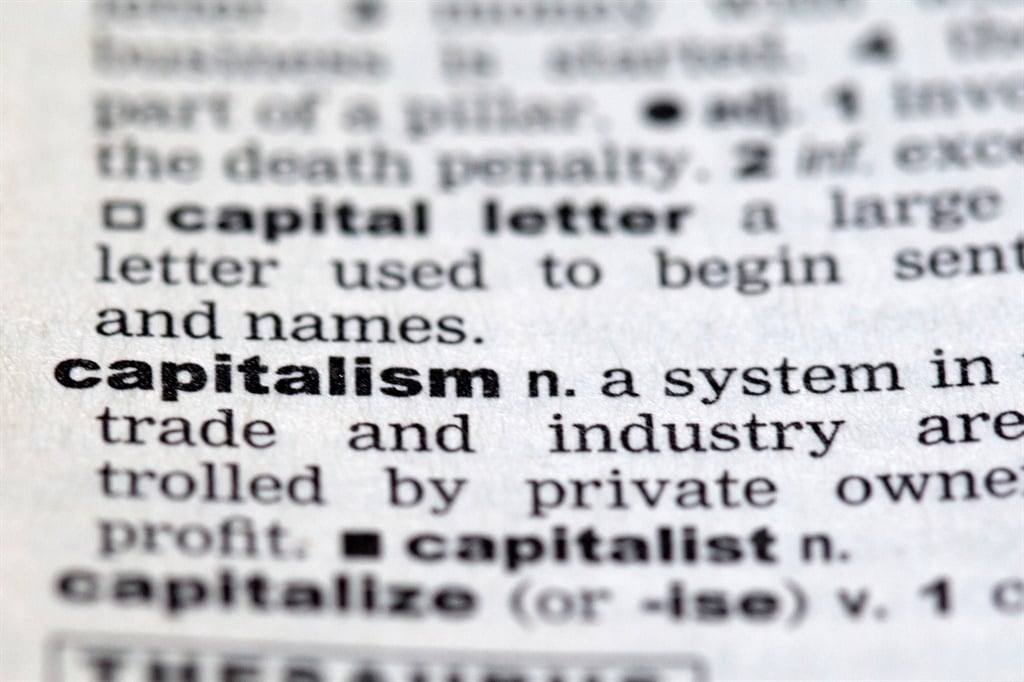
‘Capitalism as we know it is dead,” was one of the comments made during the World Economic Forum (WEF) in Davos, Switzerland, last week. It’s a statement I would never make, however, I consider the system to be chronically, if not terminally, ill.
But like the deadly coronavirus, it is capable of mutation, its life cycle extended only at the most hideous cost to much of humanity. It is the virus itself – the capitalist system – that needs to be decisively dealt with.
That was certainly not on the cards at the 50th gathering of the rich boys’ club that meets every year to bribe, bully and flatter governments, trade unions and other decision-makers to pay homage to the decadent and diseased system that keeps the WEF members in the style to which they are accustomed.
Read : Who invented the term ‘capitalism’ and why
For 50 years, that has been the case and, all the while, the WEF has proclaimed that its role as a standard-bearer of capitalism is to “make the world a better place”.
But year by year, and certainly over the past decade, there has had to be some fast verbal footwork to square the realities of growing inequality, corporate corruption and social instability with the promises the WEF held out for capitalism. A consistent theme was “shared growth”.
Read : Why we will not see growth in SA with Mboweni and Kganyago at the helm
Initially, this formed part of the trickle-down theory of global economics: make the rich richer and greater wealth will trickle down the class pyramid to satisfy all those on whose shoulders the burden of wealth creation rests. Of course it didn’t work, because the sharing of wealth is a contradiction in capitalist terms.
Competition and the accumulation of profit is the name of the game – pitting one capitalist against another; constantly seeking better, faster, less expensive ways and means of operation. That was why the sweatshops in China, Bangladesh, Cambodia and elsewhere came to produce goods once made in countries where wage rates and working conditions were often only marginally better.
South Africa is no exception – the once-thriving garment and textile sector, especially in Cape Town and Durban, is a classic example. Even products developed and sold in South Africa, such as the wind-up torch and radio or multiuse toaster bags, are not made here.
This race to the bottom for working people had been going on for years when the WEF adopted this theme in 2014: “Reshape the world economy with jobs and decent wages.”
It was yet another hollow slogan the rich boys’ club tends to come up with, all of which are really just variations on the trickle-down theme.
The promise is always that – somehow and at some point – the massive benefits of the system will reach everyone. The stress is always “the common interest” and a “shared future”, which seems obscene in a world of such gross inequality. This year’s Davos gathering was no different, meeting under the theme: Stakeholders for a cohesive world.
Stakeholders in this context means you, me and everyone else who – and about this, I agree – should share in the bounty that labour and the Earth has provided. But that is, of course, a complete denial of the system’s vicious competition, where the “hostile band of brothers” will always unite on only one issue: to preserve a system that has produced massive gluts of probably every socially necessary product, resulting in horrendous waste, hunger and destitution in a world of plenty.
Now another fig leaf – joining the fight against accelerated global heating – has been adopted to try to disguise what the likes of the WEF really stand for because it is the WEF and its ilk that are primarily responsible for this crisis.
 | ||||||||||||||||||||||||||
Get in touchCity Press | ||||||||||||||||||||||||||
| ||||||||||||||||||||||||||
| Rise above the clutter | Choose your news | City Press in your inbox | ||||||||||||||||||||||||||
| City Press is an agenda-setting South African news brand that publishes across platforms. Its flagship print edition is distributed on a Sunday. |




 Publications
Publications
 Partners
Partners








